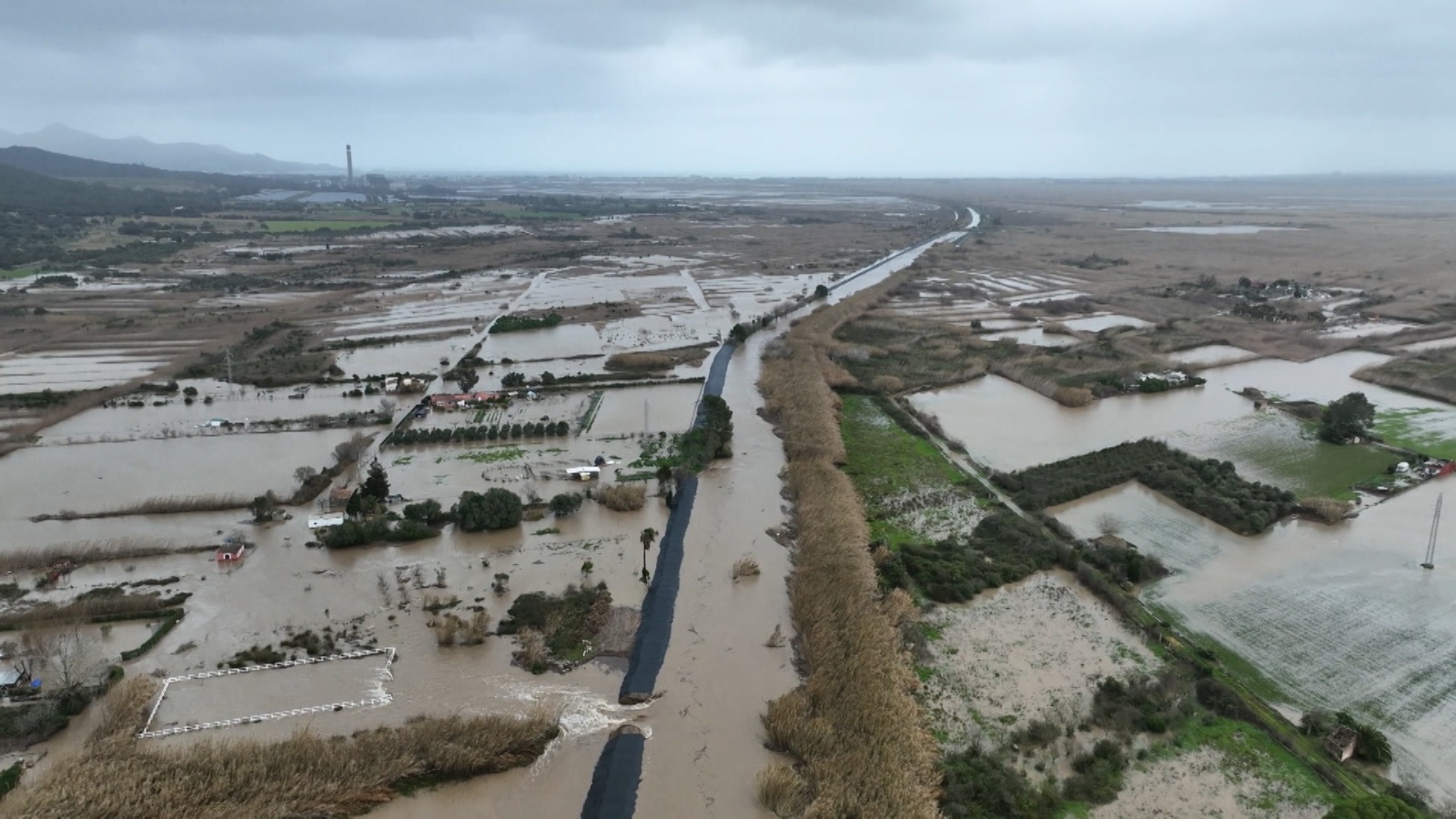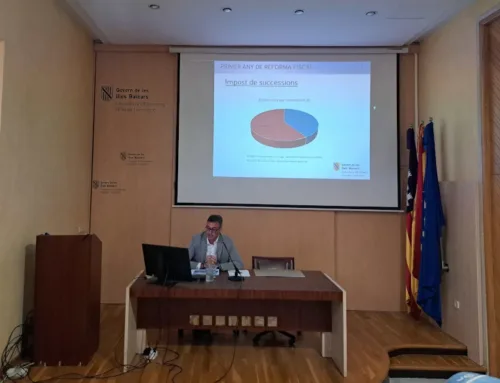Half of the population in Spain could be meteorosensitive and not even know it. This sensitivity to weather changes has a scientific explanation, although it is still a fairly unknown field. How does it affect us? It aggravates illnesses we already suffer from such as arthrosis, rheumatoid arthritis or migraines and alters our mental health, with the appearance of new conditions such as eco-anxiety, as well as causing insomnia, anxiety, depression and even leading to suicide.
Antonia Gil | Palma
Meteosensitivity is a sensitivity to weather changes that manifests itself with an aggravation in pathologies that can be physical or mental. It is estimated that between 30 and 60% of the population is meteorosensitive without knowing it. It mainly affects women – due to a hormonal factor – and the elderly, because they are more likely to suffer from some type of illness and it is worse when there is a change in the weather. A percentage that depends on the country and location, explains Mar Gómez, doctor in physical sciences and meteorologist, who has published the first book that analyses the subject in depth through scientific studies from all over the world: Meteosensitivity. How the weather influences our health.
How weather variables affect our physical and mental health

Mar Gómez is a physicist and meteorologist.
Winter arrives and with it comes the squalls: a significant change in atmospheric pressure that accompanies this atmospheric phenomenon is usually manifested in people who suffer from osteoarthritis or rheumatoid arthritis, or who suffer from migraines, which are aggravated. In addition, humidity increases and this affects our joints: and if we add to this the fact that when the weather is more unstable or “bad weather” we move less and prefer to stay indoors, the symptoms worsen.
This summer in the Balearic Islands we have suffered consecutive heat waves, with temperatures reaching 44 degrees Celsius and the Mediterranean has exceeded 28 degrees Celsius, registering maximum values unprecedented in 83 years. Heat stroke, sweating, cramps, fatigue and even fainting or nausea are the physical effects, but it also has repercussions on mental health “which is perhaps a more interesting part because not much is known about it”, explains Gómez. “Heat can make us feel more apathetic, irritable and angry, and in people who already have a predisposition to be more violent, it can make them more aggressive,” she explains and refers to a recent study on gender violence in Madrid in which it was observed that “for every degree that the temperature rises above 34 degrees, the risk of femicide increases by 28%”.
30-60% of the population may be meteorosensitive and not know it
Mental health, that great unknown
“It has been scientifically proven that there are warm, dry, very gusty winds – known in meteorology as the fohen effect – that have a positive ionisation, which are produced in mountainous areas and can affect people, causing insomnia, anxiety crises, depression and have even been linked to suicide rates,” says Gómez. This is the case in Geneva, at the foot of the Alps, where the meteorological service monitors them every ten minutes so that the population knows if they have this type of wind. She says that hot, very dry winds, which occur in desert areas, can have similar effects.
Other environmental factors such as altitude influence us physically and mentally, as when we suffer from altitude sickness, which is caused by a lack of oxygen at high altitudes – from 2,500-3,000 metres above sea level – but not the moon, despite what may be believed, explains Gómez: “It is not scientifically proven that the phases of the moon have a direct effect on our health, but there is an explanation for when we say that we are “lunatics” on nights when the moon is full. In ancient times we didn’t have artificial light, so people took advantage of those nights to socialise and there were more likely to be more disputes, more aggression.
Higher temperatures are on the way which, together with global warming, are causing new mental symptoms such as eco-anxiety

Juliette caused rainfall accumulations of 200 litres per m2. Photo: Temps extrem programme, IB3 Televisió.
Extreme weather on the horizon: how it affects us
The expert warns of the appearance of new mental health disorders as a result of the climate change we have been experiencing for some years now: “We are going to face warmer summers and higher temperatures which, together with global warming, are causing new mental symptoms, such as eco-anxiety: the state of anxiety that appears when faced with the loss of biodiversity, agriculture or your home in an extreme climatic situation or a natural disaster, or the mental effects derived from climatic migrations, having to leave your home because you have lost everything in a fire, etc.” Gómez explains. “New diseases will also emerge because mosquitoes that used to live in other areas, such as the tropics, may appear and expand as a result of deforestation, or certain animals may move to other regions because they lose their habitat. According to the expert, the climate will continue to evolve with its more extreme phenomena and having this information can help us to create a more powerful health system that benefits the population and thus anticipate the future that awaits us.
💡 The full report in the winter issue of Mallorca Global Mag.







Leave A Comment